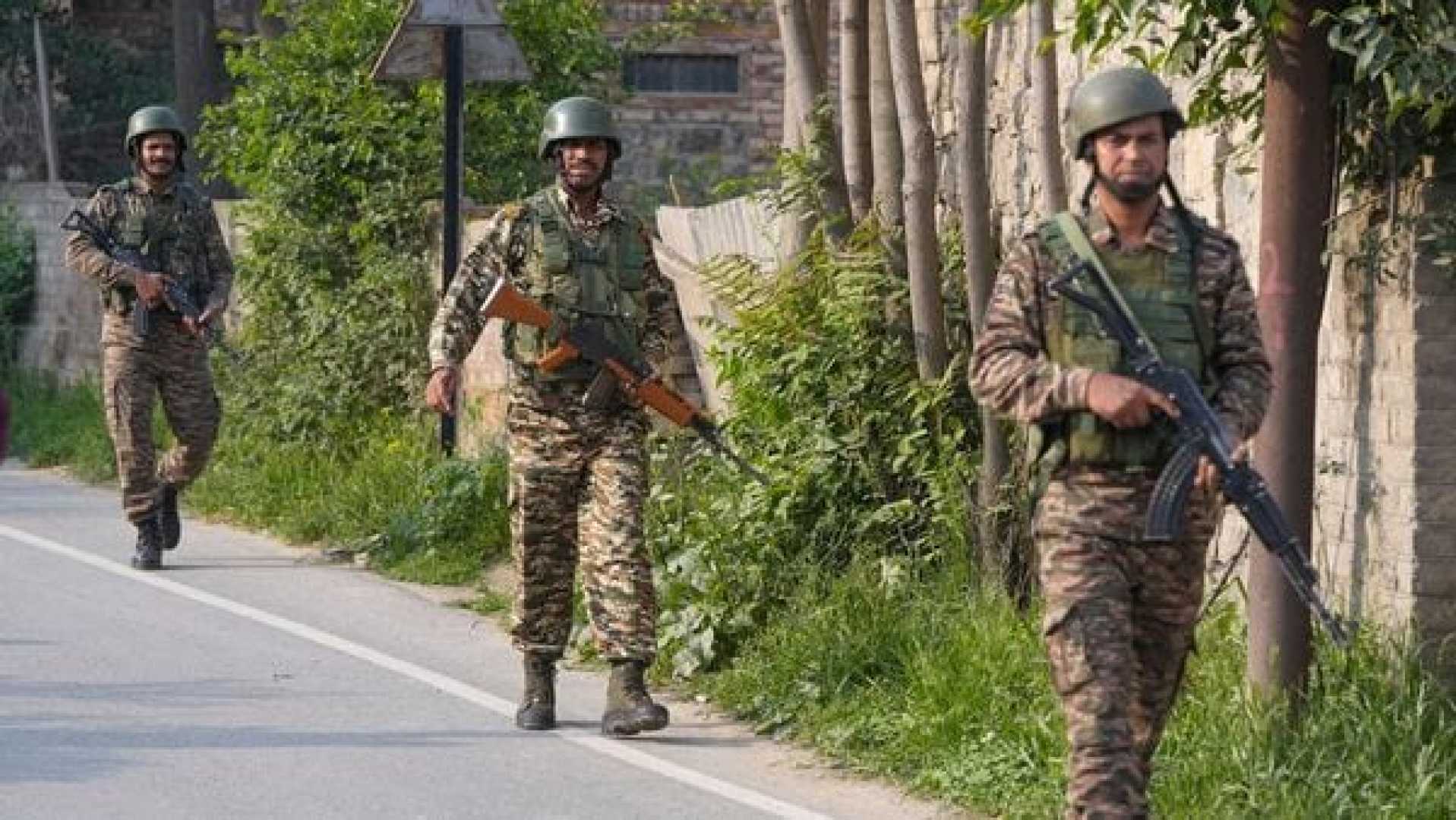Business
Sensex Drops as India-Pakistan Tensions Escalate Over Military Strikes

Mumbai, India – Indian stock markets opened lower on Friday amid rising tensions with Pakistan following a failed missile and drone attack. This escalation comes after India’s Operation Sindoor, which targeted terror bases in Pakistan, in response to a recent terror attack in Pahalgam.
The BSE Sensex opened 500 points lower after a steep decline of over 1,300 points during pre-market trading. The Nifty 50, which briefly dipped below 24,000, managed to recover slightly, opening at 24,111.
Late Thursday night, Pakistan attempted military strikes on Indian installations, which were intercepted by India’s defense systems. This has led to a cautious sentiment among investors, despite the markets showing some resilience. VK Vijayakumar, Chief Investment Strategist at Geojit Investments Limited, noted that the underlying macroeconomic strength keeps the markets steady even amid geopolitical tensions.
“Although near-term volatility is triggered by current events, the Indian markets are holding up well,” Vijayakumar said. “The weak dollar and robust economic indicators provide support.”
On May 8, India responded to the Pakistani strikes by launching its own missile attacks targeting key locations in Lahore, Islamabad, Sialkot, and Karachi. Reports indicate explosions near the Karachi Port, which is a significant action as it marks the first use of the Indian Navy against Pakistan since the 1971 conflict.
U.S. Vice President JD Vance addressed the situation, stating that while the U.S. encourages de-escalation between India and Pakistan, it remains a conflict beyond direct American involvement. “We will pursue diplomatic channels to prevent further escalation but cannot dictate actions to either country,” he said.
The ongoing exchanges between the two nations have raised concerns about potential broader implications for the region. Defense analysts urge caution, emphasizing that any continued escalation could adversely affect the already delicate economic situation.












